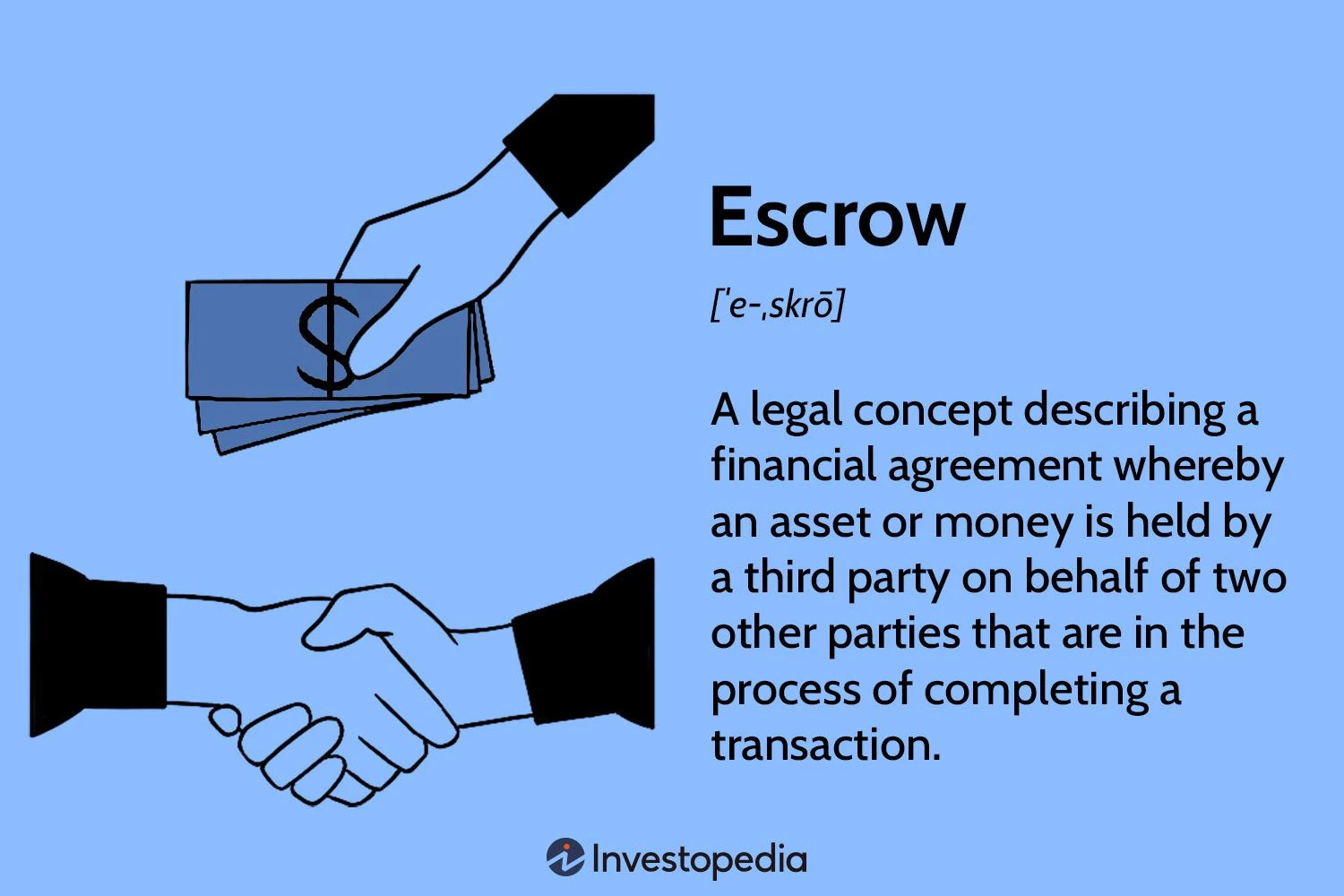Understanding Escrow
Escrow is a legal arrangement in which a neutral third party, known as the escrow agent, holds assets or funds on behalf of two parties engaged in a transaction. The release of these assets is contingent upon the fulfillment of predetermined contractual obligations or specific instructions.
The assets placed in escrow can encompass money, securities, funds, or other valuable assets. The primary function of escrow is to provide a secure and neutral platform for the completion of transactions.
Understanding Escrow
Escrow is a vital financial tool utilized in a diverse range of transactions across various industries, including real estate, online sales, and stock market dealings. Its purpose lies in mitigating the risks associated with uncertainties in fulfilling contractual obligations between parties.
For instance, in international sales transactions, escrow plays a crucial role in addressing concerns regarding payment and product quality. By depositing funds into escrow with specific instructions, parties ensure a secure exchange once conditions are met.
In the realm of real estate, escrow serves as a means to safeguard the interests of both buyers and sellers, allowing for smoother, risk-mitigated transactions.
Types of Escrow
Escrow and Real Estate
Real estate transactions frequently involve escrow accounts, providing a secure mechanism for earnest money deposits and property purchase assurance. By placing funds in escrow, buyers demonstrate commitment while sellers gain assurance of a genuine interest in the transaction.
For instance, in a house sale, escrow can be utilized to manage conditions such as property inspections, facilitating a smooth exchange once all requirements are met.
Moreover, escrow accounts in mortgages ease the burden of property insurance and tax payments, ensuring timely disbursements for homeowners.
Setting up an escrow account for mortgage-related expenses offers a convenient way to manage financial obligations, albeit resulting in slightly higher monthly payments.
Escrow and the Stock Market
In stock market scenarios, escrow provisions restrict certain rights regarding stock disposal, ensuring compliance with set conditions.
Executives receiving stock bonuses often undergo an escrow period before selling, a practice commonly used to retain top talent.
Escrow and Online Sales
Online escrow services enhance security in high-value transactions, safeguarding both buyers and sellers against fraud or nonpayment.
By holding funds until product verification, online escrow services offer a trustworthy platform for transactions, with a fee charged for the rendered service.
Embracing escrow for property-related expenses assures homeowners of timely payments for taxes and insurances, offering a convenient financial management approach.
Advantages and Disadvantages of Escrow
Escrow, for a fee, provides a secure mechanism for transactions involving substantial sums, ensuring a level of financial security for parties involved.
Escrow accounts in mortgages mitigate risks of late tax or insurance payments, although they may necessitate adjustments due to estimation discrepancies.
Monthly payments structured through escrow offer convenience but may result in higher payments compared to principal and interest repayments.
Pros
-
Ensures security in transactions involving substantial funds
-
Facilitates monthly payments for taxes and insurances, eliminating lump-sum burden
-
Beneficial for both parties in high-value transactions
Cons
-
Higher mortgage payments with escrow inclusion for taxes and insurance
-
Estimates for tax dues may be inaccurate
-
Online escrow service fees could be higher than alternative platforms
Example of Escrow
Engaging in a property purchase involves dual escrow use – for earnest money and at closing. For instance, sincere homebuyers contribute earnest money to secure a property, showcasing commitment. At closing, setting up an escrow account for taxes and insurances further assures a seamless purchase process.
Escrow, whether in real estate or financial transactions, serves a vital role in securing exchanges until all parties are satisfied, ensuring financial integrity.
